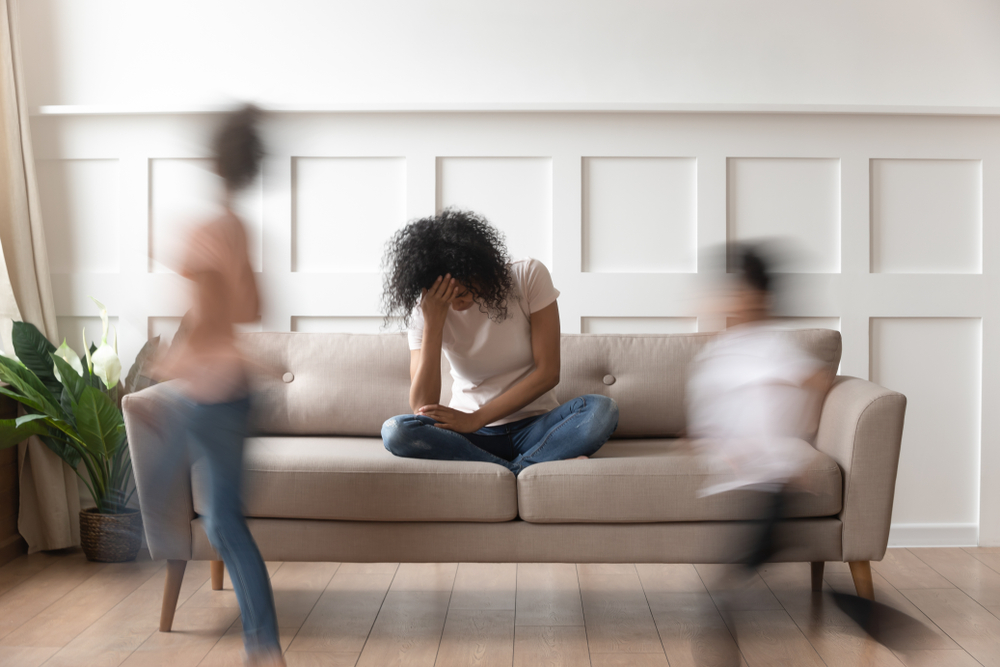
Anxiety is a common experience that affects millions of people worldwide. As a natural response to stress, anxiety can be helpful in certain situations by preparing us for potential danger. However, when anxiety becomes overwhelming or chronic, it can interfere with daily life and overall well-being.
In this blog, we will explore some frequently asked questions related to anxiety, drawing on the expertise of a therapist specialising in anxiety disorders. We’ll delve into the symptoms, causes and coping strategies to help you better understand and manage anxiety.
What are common anxiety symptoms?
Anxiety can manifest in various ways, and anxiety symptoms can be both psychological and physical.
Some common psychological symptoms include:
- Persistent worry or fear
- Feelings of restlessness or agitation
- Difficulty concentrating or racing thoughts
- Irritability
Physical symptoms may include:
- Increased heart rate
- Rapid breathing or shortness of breath
- Sweating
- Trembling or shaking
- Fatigue or weakness
- Insomnia or difficulty sleeping
It’s important to remember that anxiety affects each individual differently. If you suspect you may have an anxiety disorder, it’s crucial to consult a mental health professional for an accurate diagnosis and appropriate treatment.
What causes anxiety?
Anxiety can be caused by various factors, often resulting from a combination of genetic, environmental and psychological influences.
Anxiety can be caused by various factors, often resulting from a combination of genetic, environmental and psychological influences.
Some common causes of anxiety include:
- A family history of anxiety or other mental health disorders
- Childhood trauma or adverse experiences
- Chronic medical conditions or ongoing physical health issues
- Substance abuse or withdrawal
- Chronic stress or significant life changes
It’s worth noting that the exact cause of anxiety can be difficult to pinpoint and it may vary from person to person. For some, just simply coping with life can cause ‘overload’ which leads to anxiety.
How to cope with anxiety?
There are several strategies for managing anxiety and what works best may differ for each individual.
Here are some anxiety distraction techniques recommended by therapists:
- Practice mindfulness and relaxation techniques, such as deep breathing, progressive muscle relaxation or meditation
- Engage in regular physical activity to help reduce stress and improve mood
- Maintain a balanced diet and get adequate sleep
- Limit caffeine and alcohol intake, as these substances can exacerbate anxiety
- Establish a strong support network of friends, family, or mental health professionals
- Consider seeking professional help, such as therapy or counselling to address underlying issues and develop effective coping strategies
How to reduce anxiety
In addition to the anxiety distraction techniques mentioned above, a therapist specialising in anxiety may recommend the following treatments to help reduce anxiety:
- Cognitive-behavioural therapy (CBT): This evidence-based approach focuses on identifying and changing negative thought patterns and behaviours that contribute to anxiety.
- Medication: In some cases, a healthcare professional may prescribe medication, such as selective serotonin reuptake inhibitors (SSRIs) or benzodiazepines to help manage anxiety symptoms.
- Exposure therapy: For specific anxiety disorders, such as phobias or panic disorder, exposure therapy can help individuals gradually face and overcome their fears in a controlled environment.
Difference between stress and anxiety UK?
While anxiety and stress share some similarities, they are distinct experiences. Stress is typically a response to an external event or situation, such as work deadlines or relationship problems. Once the stressor is resolved, stress levels often decrease. On the other hand, anxiety is an internal response characterised by persistent worry or fear, even when there is no immediate threat or identifiable stressor. Anxiety can be more challenging to manage and may require professional intervention if it becomes chronic or debilitating.
Conclusion
Understanding anxiety is the first step toward effectively managing it. By recognising the symptoms, causes and available treatments, individuals can take proactive steps to address their anxiety and improve their overall well-being. If you’re struggling with anxiety, remember that you’re not alone and seeking help from a mental health professional can be an invaluable step toward finding relief.
In the meantime, practising self-care and incorporating stress-reduction techniques into your daily routine can help you better navigate the challenges of anxiety.
Remember that everyone’s journey is unique and finding the right combination of strategies may take time and patience. Stay persistent in your efforts, and don’t hesitate to reach out for support from friends, family or a mental health professional when needed.
Ultimately, understanding and managing anxiety is a journey of self-discovery and growth. By taking the time to address your concerns and seeking appropriate help, you can empower yourself to live a more balanced, fulfilling life, free from the constraints of overwhelming anxiety.
Can lifestyle changes alone effectively manage anxiety or is professional help always necessary?
While lifestyle changes, such as regular exercise, a balanced diet and stress-reduction techniques, can be beneficial in managing mild to moderate anxiety, they may not be sufficient for individuals experiencing severe or chronic anxiety. In such cases, seeking professional help from a therapist or mental health professional is essential for addressing the underlying issues and developing a personalised treatment plan.
Are you looking for professional assistance, to help you overcome anxiety? Get in touch with Donna Morgan today, a safe space offering online or face-to-face counselling and psychotherapy in Guildford, Shere, Dorking and Surrey.
How can I differentiate between normal anxiety and an anxiety disorder that requires professional intervention?
It’s normal to experience occasional anxiety in response to life stressors or challenges. However, if your anxiety becomes persistent, excessive or interferes with your daily functioning, it may be indicative of an anxiety disorder. A mental health professional can provide a proper assessment and diagnosis, helping you determine if your anxiety requires professional intervention and recommending appropriate treatment options.
Are there any alternative or complementary therapies that can help manage anxiety?
In addition to traditional treatments like cognitive-behavioural therapy and medication some individuals find relief through alternative or complementary therapies. These may include acupuncture or practices like yoga and tai chi. Before exploring these options, it’s essential to consult with a healthcare professional to ensure they’re safe and suitable for your specific needs.
How can I support a loved one who is struggling with anxiety?
Supporting a loved one with anxiety involves being empathetic, non-judgmental, and understanding. Encourage open communication and actively listen to their concerns without minimising their feelings. Offer assistance in finding professional help, and educate yourself about anxiety to better understand their experiences. Most importantly, be patient and remember that overcoming anxiety is a process that requires time and persistence.
Get in touch with Donna Morgan today, to help overcome your anxiety today.


